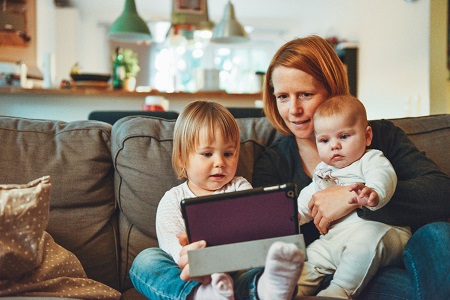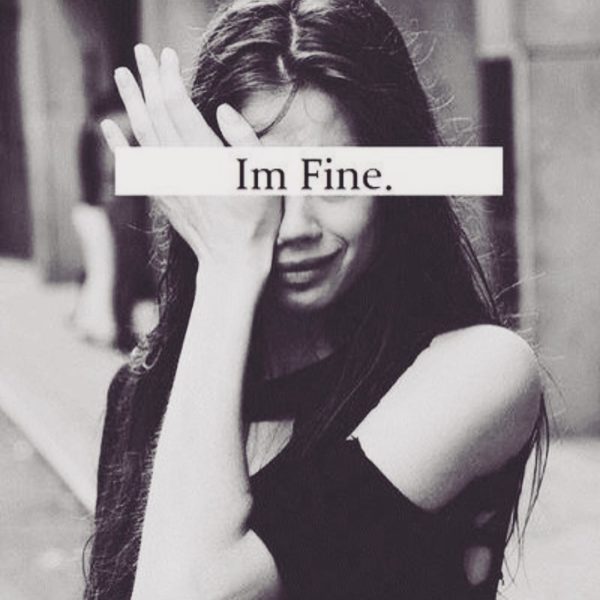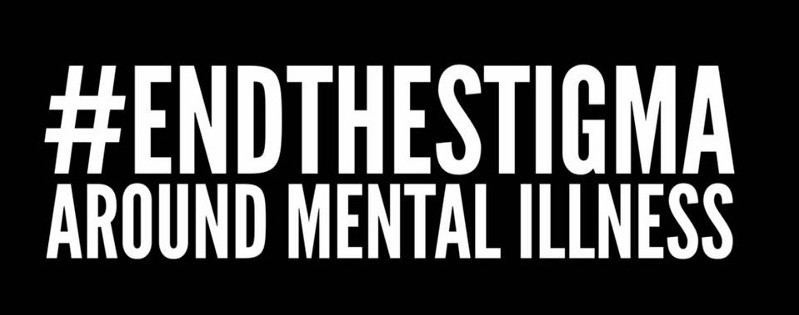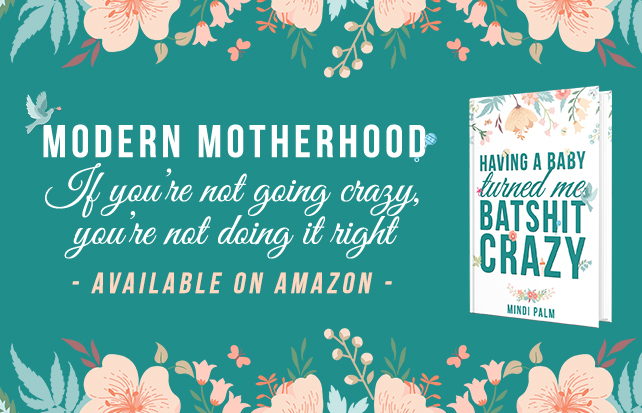Welcome to my post natal depression blog, where you’ll get some pretty honest answers about all things mental health.
If you’ve ever wondered what post natal depression’looks like’, here it is.
And here’s another one:
And another one:
“But OMG they look happy, they’re smiling, they’re just normal people!”
Well, actually, they are stock photos but the point is, yes – normal people. Because everyday, normal women all around the world suffer from postnatal depression.
365 days a year across all continents, countries and cultures, post natal depression effects more people thank you think. It even affects fathers, termed antenatal depression.
I used these pictures of everyday women to illustrate that having post natal depression doesn’t actually LOOK like anything.
In my book, Having A Baby Turned Me Batshit Crazy and in my post natal depression blog, I cover this in detail.
Often, you can’t tell if someone is sick unless you make the effort to ask the hard questions. Even so, getting past the typical “I’m fine” response can take time and patience. From both ends.
And for goodness sake, don’t trust what you see on social media. We’re all good at hiding behind the ‘everything is awesome’ facade, when sometimes our world is crumbling beneath us.
We really have come a long way when it comes to identifying, treating and talking about mental health. However, there’s still a lot of work to be done.
There are still a countless number of ‘silent sufferers’ out there feeling ashamed to speak up about how they’re feeling due to fear of judgement, guilt and a host of other factors. The feelings of ‘not measuring up’ is just a feeling and not a true reflection of how other people perceive you. That’s just your mind playing tricks on you, trying to stop you from getting help and experiencing freedom.
I would encourage anyone who feels like they’re not coping to take a minute to stop and talk to your doctor. More often than not, people are generally sympathetic and compassionate to the situation but feel apprehensive about the situation, which is why a doctor is always the first step.
If you have a trustworthy ‘someone’ in your life, it can pay to talk to them too. Go with your gut instinct and share only with someone you know who will listen and not trivialise or even worst, be condescending.
From the other end, I think we all could do with improvement when it comes to looking out for each other.
We are way too busy beyond belief these days with a limited tunnel-visioned view of our lives. This is also not okay.
Time to stop hustling, hoarding material things and boasting about successes on the internet. Time to start thinking about who you can help and how. A society that looks out for its own interests only is a selfish one – a mentality that leads to all the issues we see right now happening in the world.
One thing I have noticed is that the love of money, power, success and material things can inhibit one’s ability to feel compassion and empathy for others. Not all rich people are ‘evil’ but there is a science linking sociopathic behaviour and wealth. Movies like the Wolf of Wall Street show an extreme side of narcissism coupled with self-entitlement, resulting in the exploitation of the poor.
I see it all the time in my ‘hood, that sometimes feels like a Stepfords Wives set. While I’m glad to feel safe and secure in the Bible belt of Sydney, people can still be ‘sick’ on the inside due to their own self-centredness. However, I digress.
Let’s make time to make that phone call, send a text message, email or *gasp* write a letter to say you’re thinking of someone.
A visit, a gift, a kind word, a bag of groceries – anything to show that you care will open up the door to productive conversations. And remember, the difficult and uncomfortable conversation about someone’s mental state isn’t always one conversation, it can be several.
Mental health is complex, is not linear, doesn’t really give explicit instructions and certainly isn’t a one-time event. It’s an ongoing journey or ‘battle’ of little wins and little losses throughout the way.
Let’s make it it our priority to be available for those in need and not just when we need something. The human heart is selfish but with the right outlook, together, we can be a good force to be reckoned with.
For information, resources and support visit Beyond Blue, or for crisis support and suicide prevention call Lifeline on 13 11 14.








